-
Wednesday, 21. July 2021
When freedom is in danger
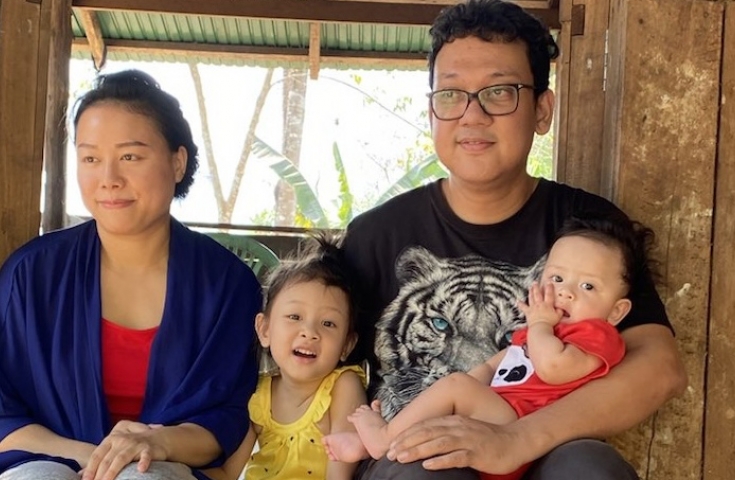 © Image: private
© Image: private“Sometimes the military was shooting in my neighbourhood, and I didn’t know whether it was me they were looking for”. The life of human rights activist Nickey Diamond was endangered as a result of the military coup in Myanmar. read more -
Friday, 09. July 2021
Evolution in real time
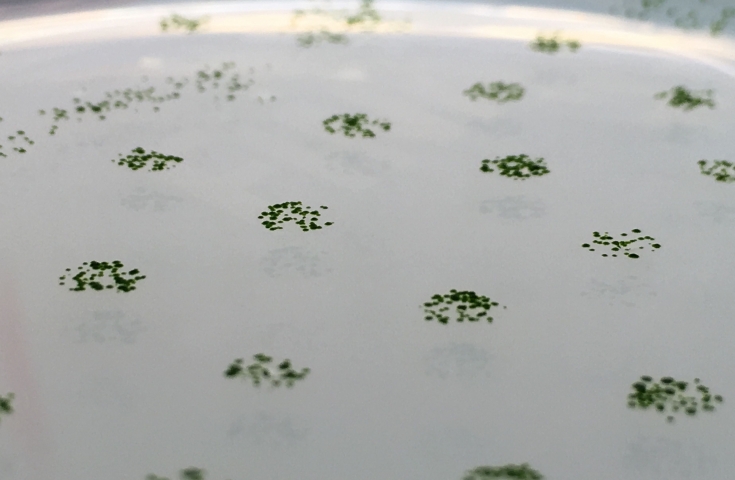 © AG Becks
© AG BecksBiologist Professor Lutz Becks and his team observe the genetic imprint of the surprisingly rapid transition from unicellular to multicellular life read more -
Wednesday, 16. June 2021
Smartphone bans in the workplace
 © USA-Reiseblogger, Pixabay
© USA-Reiseblogger, PixabayStudy on smartphone bans in the workplace reveals possible benefits of “soft” bans – research project involving the University of Konstanz read more -
Wednesday, 02. June 2021
Germans (mis-)interpret inequality
 © Agamaszota, Pixabay
© Agamaszota, PixabayIn their new “Inequality Barometer”, Konstanz researchers demonstrate: The German population often assesses the level of inequality incorrectly, underestimating wealth inequality in particular. This also has political consequences. read more -
Tuesday, 01. June 2021
Trust among corvids
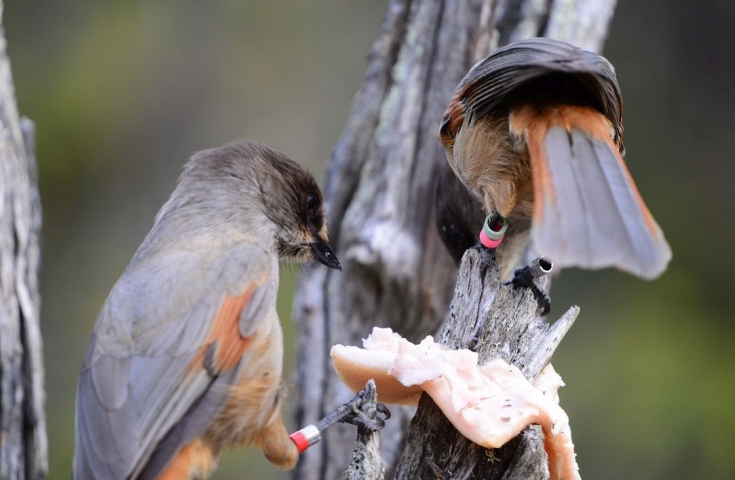 © Michael Griesser
© Michael GriesserCorvids use social information to protect themselves against deception by conspecifics from neighbouring territories read more -
Tuesday, 25. May 2021
Dimensions of invasion success
 © Trevor Fristoe and Mark van Kleunen. The Himalayan balsam (Impatiens glandulifera)
© Trevor Fristoe and Mark van Kleunen. The Himalayan balsam (Impatiens glandulifera)Patterns and drivers of alien plant species invasiveness in Europe identified by an international research team led by Konstanz biologists read more -
Tuesday, 25. May 2021
To sting or not to sting?
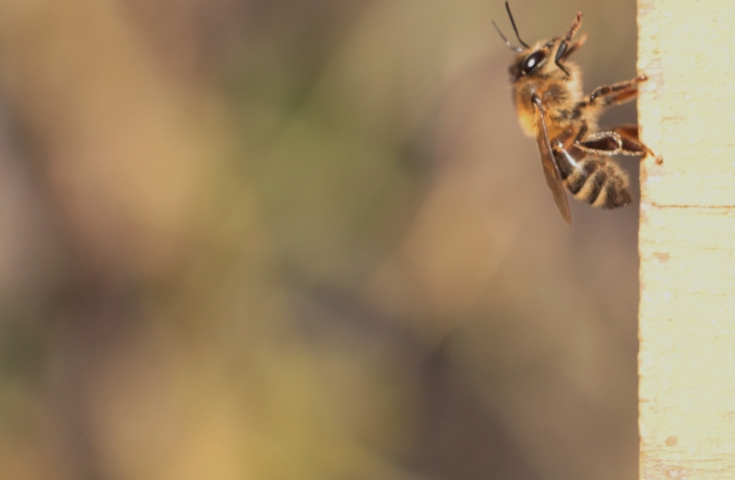 © M. Nouvian. Alerted honey bee (Apis mellifera)
© M. Nouvian. Alerted honey bee (Apis mellifera)Scientists from Konstanz and Innsbruck uncovered how honeybees organise their collective defence in response to predators and used computational modelling to identify potential evolutionary drivers of the behaviour. read more -
Monday, 10. May 2021
Self-healing plastic from Konstanz
Plastic that repairs itself and can easily be recycled: More than five years ago, the team led by Konstanz chemist Professor Helmut Cölfen introduced a new bio-inspired plastic in the journal "Angewandte Chemie". read more -
Sunday, 02. May 2021
For research, the campus and more!
© Universität KonstanzThrough the examples from research into clinical neuropsychology, limnology and sport science, campus.kn has given an impression of the wide spectrum of services offered by Scientific Engineering Services. But that's not all! read more -
Sunday, 02. May 2021
Greenhouse gas monitoring: delivered from Lake Constance…
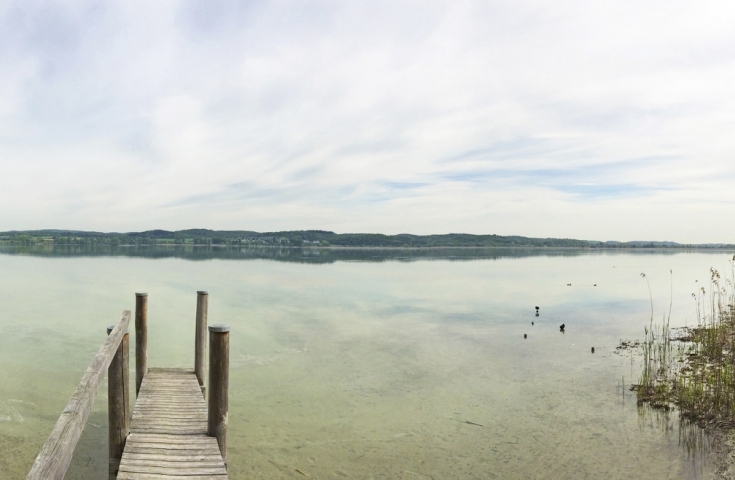 © Inka Reiter/Universität Konstanz
© Inka Reiter/Universität KonstanzThe electronics and mechanics teams from Scientific Engineering Services have impressive equipment that makes it possible for them to construct prototypes of devices as well as laboratory equipment, experimental set-ups and furniture on the University of Konstanz campus. read more
Uni Konstanz Header
campus.kn
The online magazine of the University of Konstanz
Header Logo
